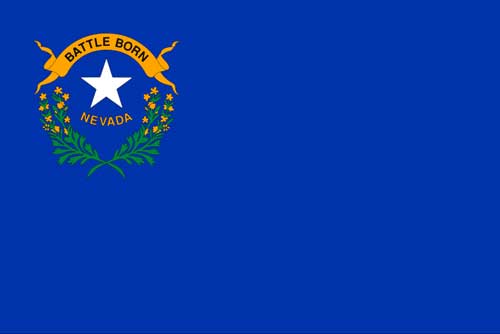Daycare costs in Nevada are moderate compared to national averages but vary significantly by region. Urban areas like Las Vegas and Reno report weekly costs for infant care ranging from $250 to $350 due to high demand and operational expenses. Rural areas are more affordable, with costs averaging $150 to $200 weekly, though families often face limited access to licensed daycare providers.

Several factors contribute to daycare costs across Nevada:
These factors create a diverse daycare cost structure across the state, reflecting both regional and economic disparities.
Nevada’s daycare services prioritize quality, safety, and accessibility through the following components:
These elements ensure that families have access to reliable childcare, though challenges with affordability and access persist across the state.
Nevada has implemented several policies to support affordable childcare:
Despite these initiatives, rural areas face challenges in accessing licensed facilities and maintaining service quality.
Daycare costs in Nevada vary significantly by region:
These disparities highlight the need for expanded access to licensed daycare services and increased financial support across Nevada.
Nevada’s daycare system reflects the challenges of balancing affordability, quality, and accessibility. Urban areas like Las Vegas and Reno provide diverse and high-quality daycare options but at higher costs, while rural regions offer affordability but struggle with service availability. Expanding subsidies, increasing licensed facilities, and supporting workforce development are essential to ensuring equitable childcare access across the state.